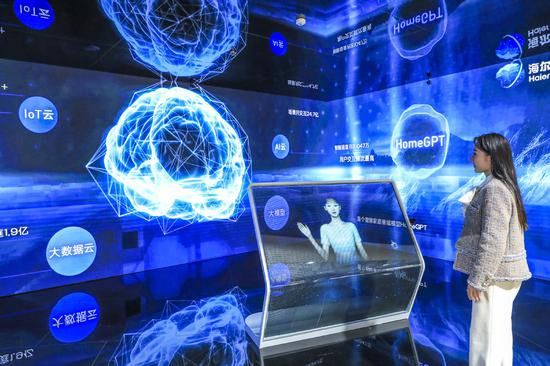
A visitor checks out Haier's booth during an electronics expo in Shanghai in March. (CHINA DAILY)
Firms step up efforts to enhance competitiveness, upgrade factories
Chinese companies are speeding up efforts to develop industrial internet platforms and build more lighthouse factories.
This is part of a broader push to advance new industrialization, enhance the competitiveness of manufacturing globally and bolster industrial upgrades, industry experts said.
Zhou Yunjie, chairman and CEO of Chinese home appliance giant Haier Group, said the industrial internet has become a new engine driving high-quality development of the digital economy, and will play a bigger role in deepening digital transformation in manufacturing, operational management and marketing services.
"As the country is making efforts to build itself into a manufacturing powerhouse, more efforts are needed to promote the innovative application of the industrial internet and fully unleash the value of massive data resources, which are key to advancing new industrialization," he said.
The industrial internet refers to a new type of manufacturing automation that combines advanced machines, internet-connected sensors and big data analysis, while boosting productivity and reducing costs in industrial production.
According to the Ministry of Industry and Information Technology, the country has nurtured over 340 industrial internet platforms that have strong regional and industry influence, with more than 96 million units of industrial equipment connected to the platforms, which have served more than 400,000 enterprises covering over 40 key industries.
The revenue of China's core industrial internet industries reached 1.35 trillion yuan ($185.9 billion) in 2023, the ministry said.
Haier has invested heavily in developing its industrial internet platform COSMOPlat, which allows companies to customize products quickly by collecting and analyzing data from consumers, suppliers and factories with internet-connected sensors, while boosting productivity and cutting costs.
Powered by COSMOPlat, eight factories owned by Haier have been included in the Global Lighthouse Network, an initiative launched by the World Economic Forum in collaboration with market consultancy McKinsey & Company in 2018 to identify the most innovative leaders in manufacturing.
So far, a total of 153 lighthouse factories have been selected around the world, and China owns 62 such factories, accounting for more than 40 percent of the global total and ranking first worldwide.
Boasting high efficiency, intelligence and sustainability, lighthouse factories represent the highest level of global intelligent manufacturing.
Haier's air conditioner factory in Hefei, Anhui province, is among the newly selected lighthouse factories. The factory has increased energy efficiency by 33 percent and labor productivity by 49 percent, while cutting unit manufacturing costs by 22 percent, after applying advanced algorithms, digital twins and other cutting-edge technologies.
BOE Technology Group Co Ltd, a leading Chinese display panel supplier, is doubling down on the intelligent manufacturing segment and leveraging cutting-edge digital technologies to empower the digital transformation of traditional enterprises.
Based on rich experience in intelligent manufacturing capacities, BOE has established an industrial internet platform, which provides digital transformation services for manufacturing companies across the nation and helps them improve productivity.
The platform is committed to driving the intelligent manufacturing and digitalization of the upstream and downstream segments of industrial chains.
In addition, BOE's factory in Fuzhou, Fujian province, which mainly produces high-end and super-large display panels, has been included in the Global Lighthouse Network. BOE is the first and only display company from the Chinese mainland listed as a lighthouse factory.
Liu Wenrui, vice-president of BOE and general manager of the BOE Fuzhou factory, said the company has adopted digital technologies and advanced analytics in a fully automated production system, with production costs reduced by 34 percent and output up 33 percent.
Liu Xiangdong, a researcher at the China Center for International Economic Exchanges, said the booming industrial internet will see surging demand for accuracy in data acquisition, transmission speed, storage space, computing capacities and intelligent application, thus driving development of big data and cloud computing infrastructure and fostering a batch of industrial internet companies with global competitiveness.
The industrial internet has become a new engine driving the growth of the digital economy and has showcased remarkable development potential, Liu added.








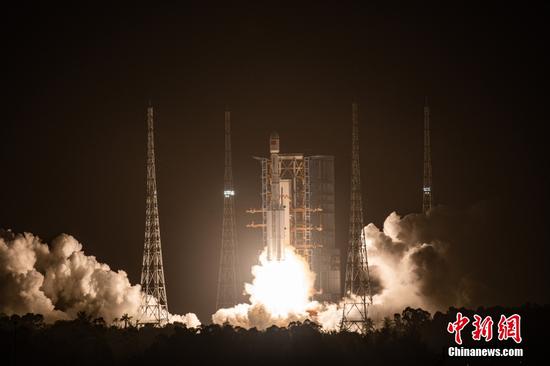

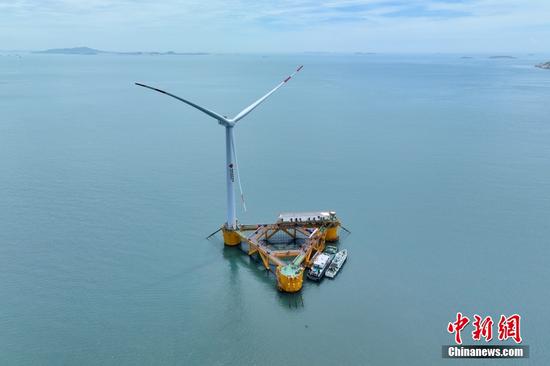
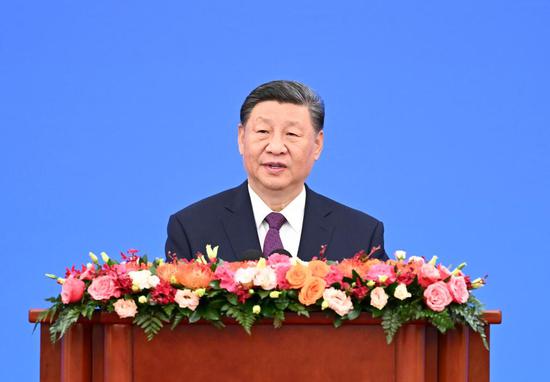






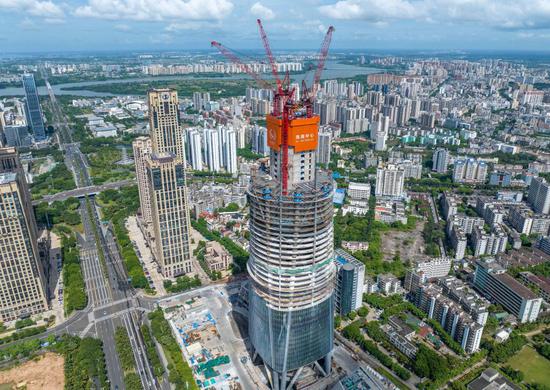




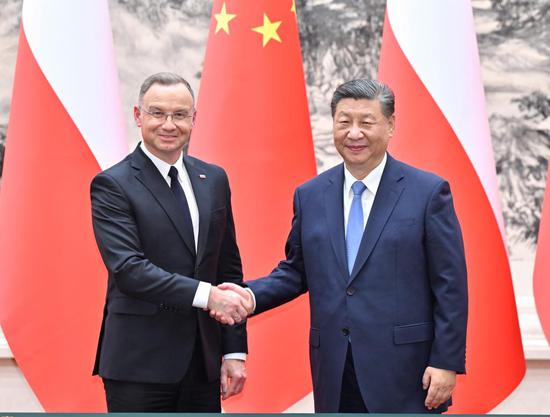






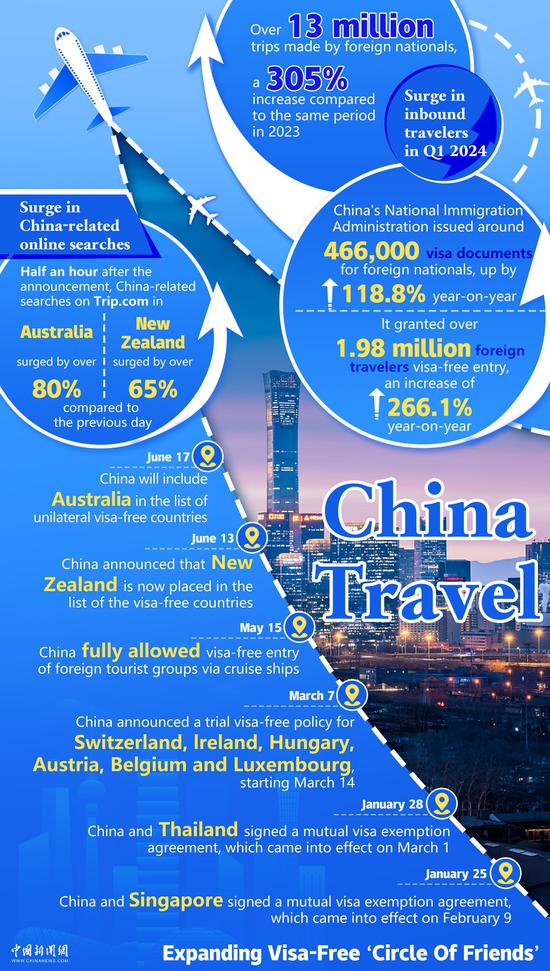






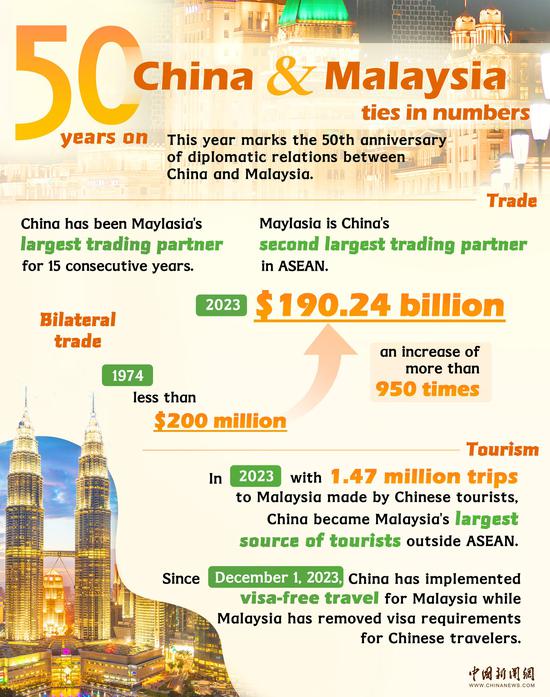
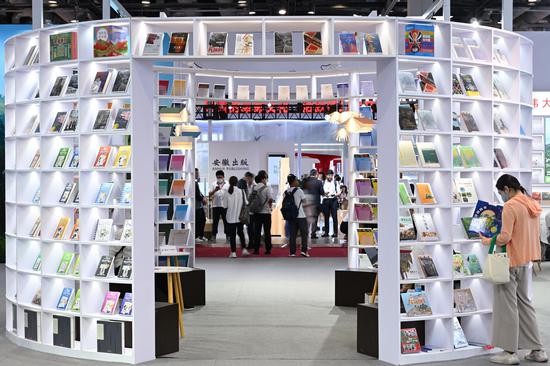



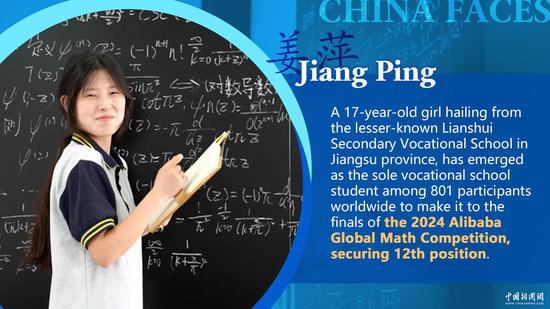
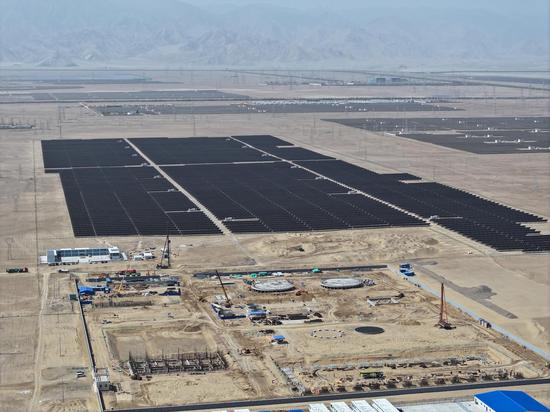






 京公网安备 11010202009201号
京公网安备 11010202009201号